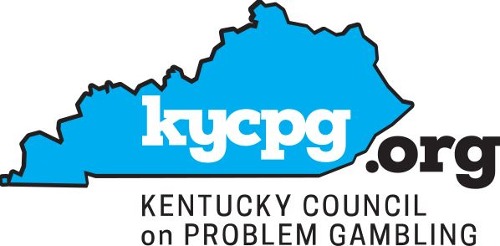Gambling
Kentucky Council on Problem Gambling President Q&A Interview

Kentucky Council on Problem Gambling President Dr. RonSonlyn Clark was recently interviewed by the Lexington Herald-Leader to discuss the rapid increase in problem gambling cases in the Bluegrass State.
Kentucky Council on Problem Gambling President Dr. RonSonlyn Clark says problem gambling cases are more than she expected
When sports betting was legalized in Kentucky in 2023, residents and state officials had hoped the new law would raise more tax revenue for the state. However, it has now also led to more cases of compulsive gambling.
The Kentucky Council on Problem Gambling was established 27 years ago to help promote prevention activities, awareness, and education for people who suffer from problem gambling.
Dr. Clark is a retired senior director of substance use and prevention at RiverValley Behavioral Health in Owensboro. She has counseled people with gambling problems for over 20 years.
She recently answered questions about her views on the first year of legalized sports gambling in the state.
Question: The statistics suggest that a significant number of people participating in sports gambling are young males. Is that what you are seeing?
Dr. Clark: “All of my sports gamblers are probably under the age of 40, really, and as young as 18. I don’t see any younger than 18, but I’m thinking about over the last year, in a normal year, probably would see over the course of the year, six or so clients in the year.
“Right now, I’m approaching 20. One was a lottery gambler, and that was an older, much [older] gentleman. Everybody else has been sports and under 40, at least a three-fold increase.”
Dr. Clark says new horse racing facility in Daviess County will worsen problem gambling in the Bluegrass State
Dr. Clark said the Kentucky Council on Problem Gambling underwent a 30-hour training program in January. It was the first time the non-profit corporation ever did that.
Roughly 20 people went through the training, according to Dr. Clark. She said about “seven people” are undergoing supervision with her at this point. Some are Level 1 certified and continue to work toward Level 2.
Question: Has it increased more than you expected?
Dr. Clark: The numbers are not huge, but percentage-wise it’s been way more than I expected. Really, I think we’re going to see more. I’m here in Owensboro. With us getting a historical horse racing facility in our county, I’m waiting to see that increase.
I’ve been keeping an eye on it because I do supervision for Indiana and its problem gambling counselor program. I’ve been keeping an eye on what has happened with Terre Haute since they opened their casino, and watching the increase in what my counselors are getting there and anticipating that increase here.
Question: What else should the public know about sports gambling problems and addiction?
Dr. Clark: Well, this isn’t specific to sports gambling, but it does include it, because I don’t miss a chance to try to talk about this. Gambling addiction is the highest rate of suicide of any mental health disorder.
“Really, one in five gamblers, addicted gamblers, will attempt to complete suicide. That’s 20%. They reach that desperation stage, hopeless desperation stage, and that is what they see as a way out.”









